The 16th Annual Toronto Workshop in Ancient Philosophy (ATWAP)

Join us for the 2025 edition of the Annual Toronto Workshop in Ancient Philosophy (ATWAP). This year the workshop will focus on Aristotle’s “Parva Naturalia.”

Join us for the 2025 edition of the Annual Toronto Workshop in Ancient Philosophy (ATWAP). This year the workshop will focus on Aristotle’s “Parva Naturalia.”
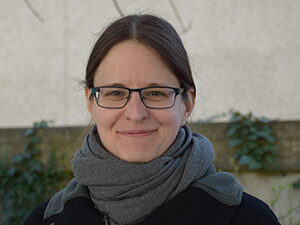
Sarah Tropper, a postdoctoral fellow in the Department of Philosophy at the University of Toronto, specializes in early modern philosophy, medieval philosophy, and metaphysics.
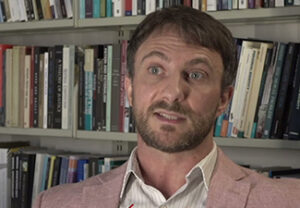
Declan Smithies, a professor in the Department of Philosophy at Ohio State University, works primarily on issues in epistemology and the philosophy of mind.

C. Thi Nguyen, an associate professor of Philosophy at the University of Utah, writes about trust, art, games, and communities, interested in the ways our social structures and technologies shape how we think and what we value.
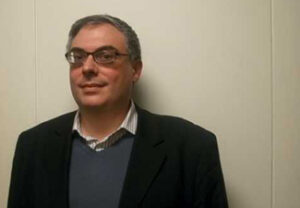
Jocelyn Benoist, a professor of Philosophy at the University of Paris 1 Panthéon-Sorbonne, is the author of, most recently, Toward a Contextual Realism (Harvard University Press, 2021). He is also a recipient of the Gay-Lussac Humboldt Prize. He works in the areas of metaphysics, philosophy of language, and philosophy of mind.
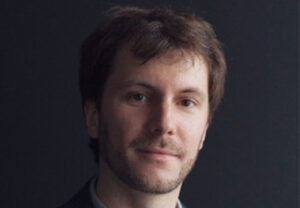
Thierry Côté, a postdoctoral fellow in the Department of Philosophy at the University of Toronto, specializes in early modern philosophy and aesthetics, with additional interests in the philosophy of music, the philosophy of literature, and contemporary French philosophy.
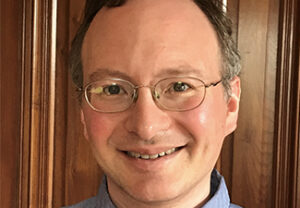
Joshua Schechter, a professor in and current chair of the Department of Philosophy at Brown University, pursues research in epistemology, metaethics, the philosophy of logic, and in technical issues in logic itself.

Anik Waldow, a professor of Philosophy at the University of Sydney, works mainly in early modern philosophy and has published articles on the moral and cognitive function of sympathy, theories of personal identity, the role of affect in the formation of the self, skepticism, and associationist theories of thought and language.
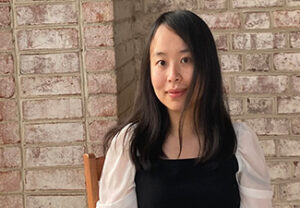
Qiu Lin, an assistant professor of Philosophy at Simon Fraser University, has main research areas in early modern philosophy, history and philosophy of science, and Chinese philosophy, especially Chinese Islamic philosophy.
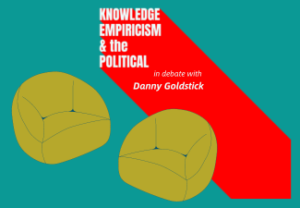
5:00 PM Welcome and Refreshments 5:30 PM Speaker: Duncan MacIntosh (Dalhousie) Title: “Interrogating the Goldstick Maneuver: Arguing from Beliefs to Metaphysical Realities” 6:00 PM Reply from Danny Goldstick and discussion 6:20 PM Break 6:30 PM Speaker: David Alexander (Iowa) Title: “Goldstick on A Priori Knowledge” 7:00 PM Reply from Danny … Read More

The inaugural YUSEMP seminar, organized by York University’s Matthew Leisinger, Zeyad El Nabolsy, and Ian MacLean-Evans, aims to be a small, informal venue for scholars of early modern philosophy at various career stages to share and discuss their work. Featured keynote speakers: Marleen Rozemond (Toronto) and Patricia Sheridan (Guelph).
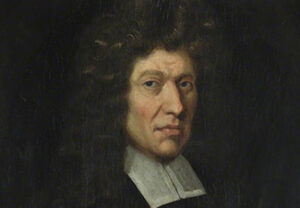
Join us for a two-day international conference on the philosophy of Ralph Cudworth (1618-1688), an English philosopher and clergyman who defies classification within customary categories of the history of philosophy.